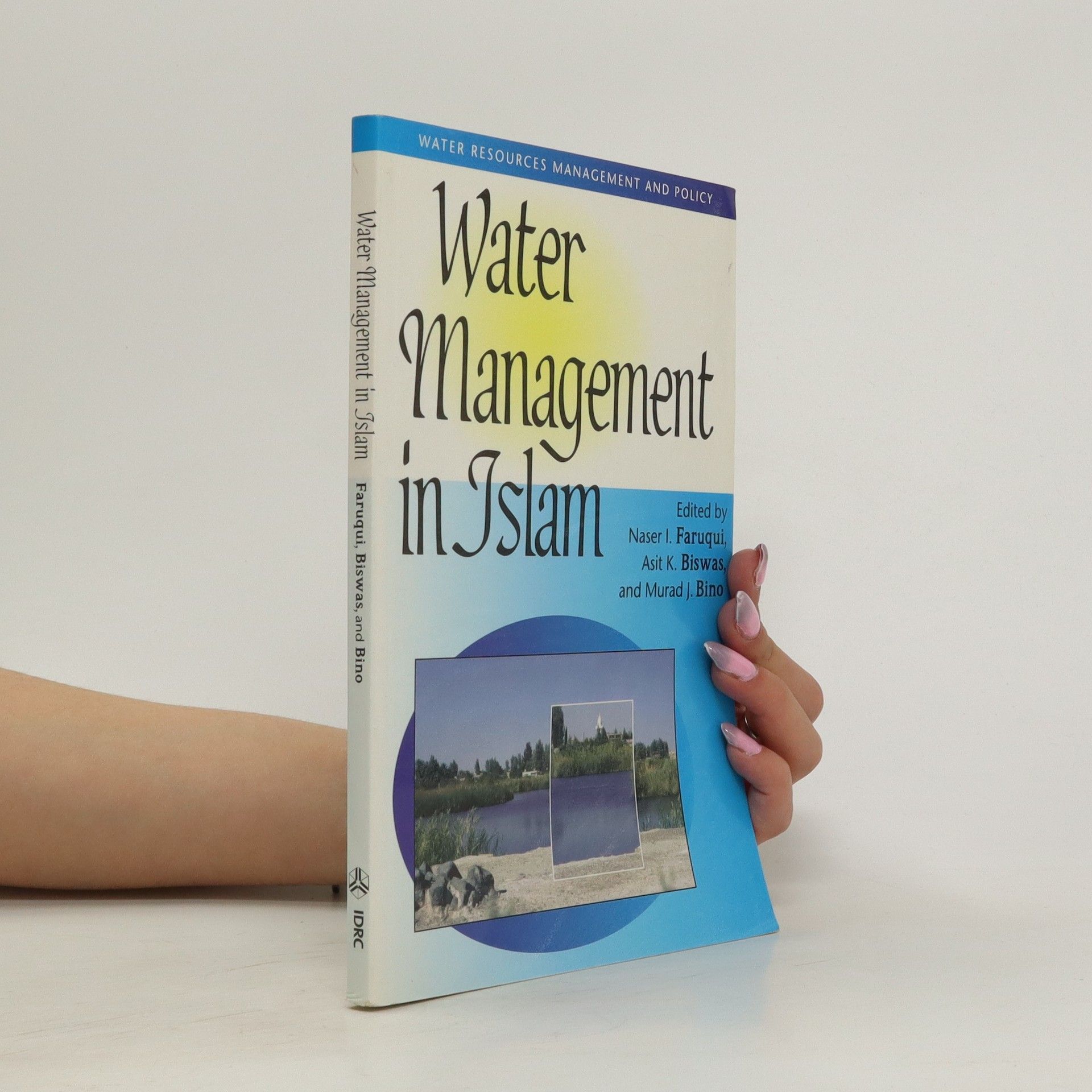Water Management in Islam
- 148pages
- 6 heures de lecture



This book examines the transformation of the Phnom Penh Water Supply Authority from a dysfunctional and corrupt entity in 1993 to a highly successful water utility by 2010, outperforming cities like London and Paris. It outlines the enabling conditions for this change and offers a framework for other developing countries' water utilities to achieve similar success.
Selected Papers from an International Expert Workshop Convened by Unido in Vienna, 22-26 June 1987 (Natural Resources and the Environment Series)